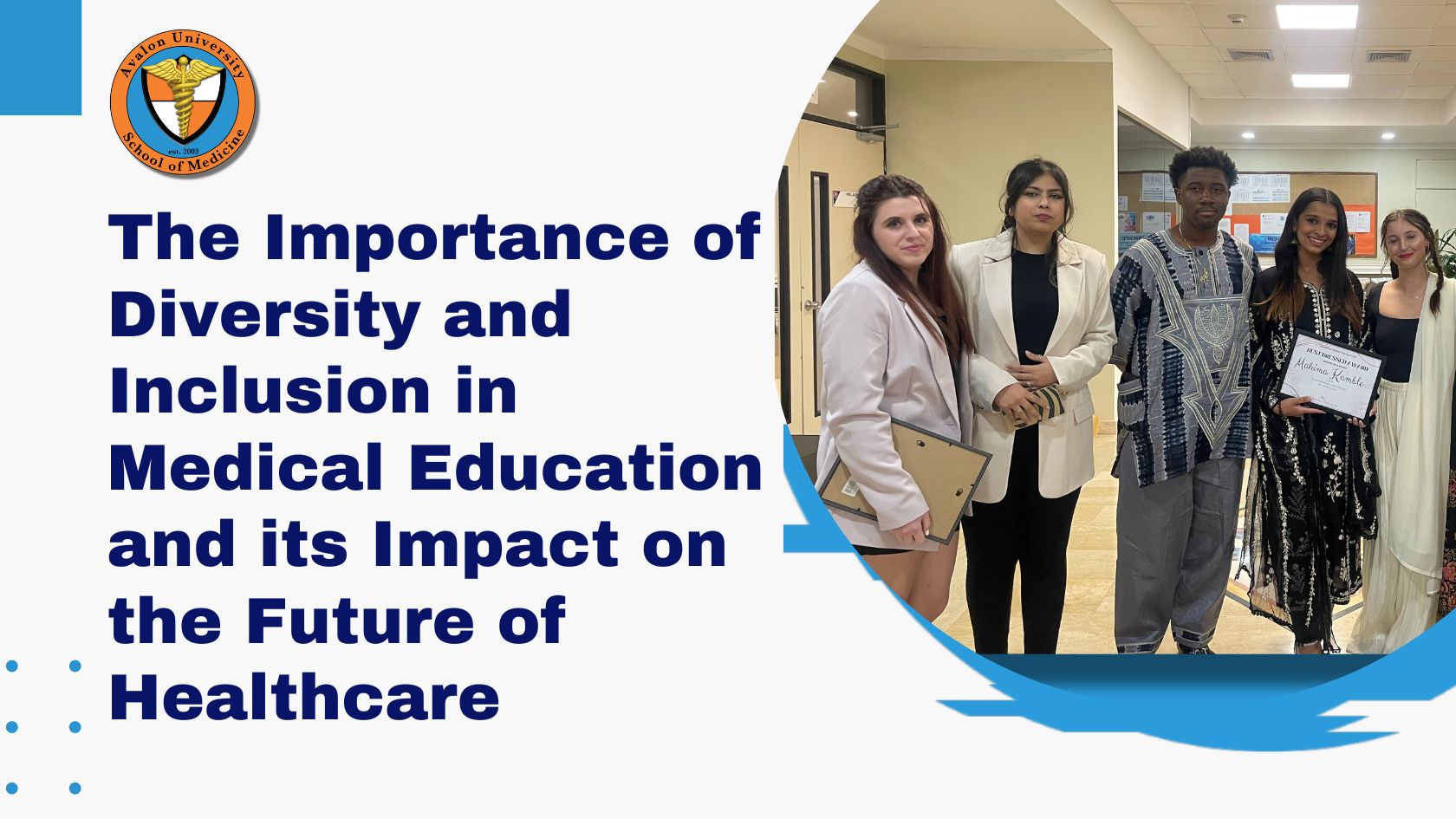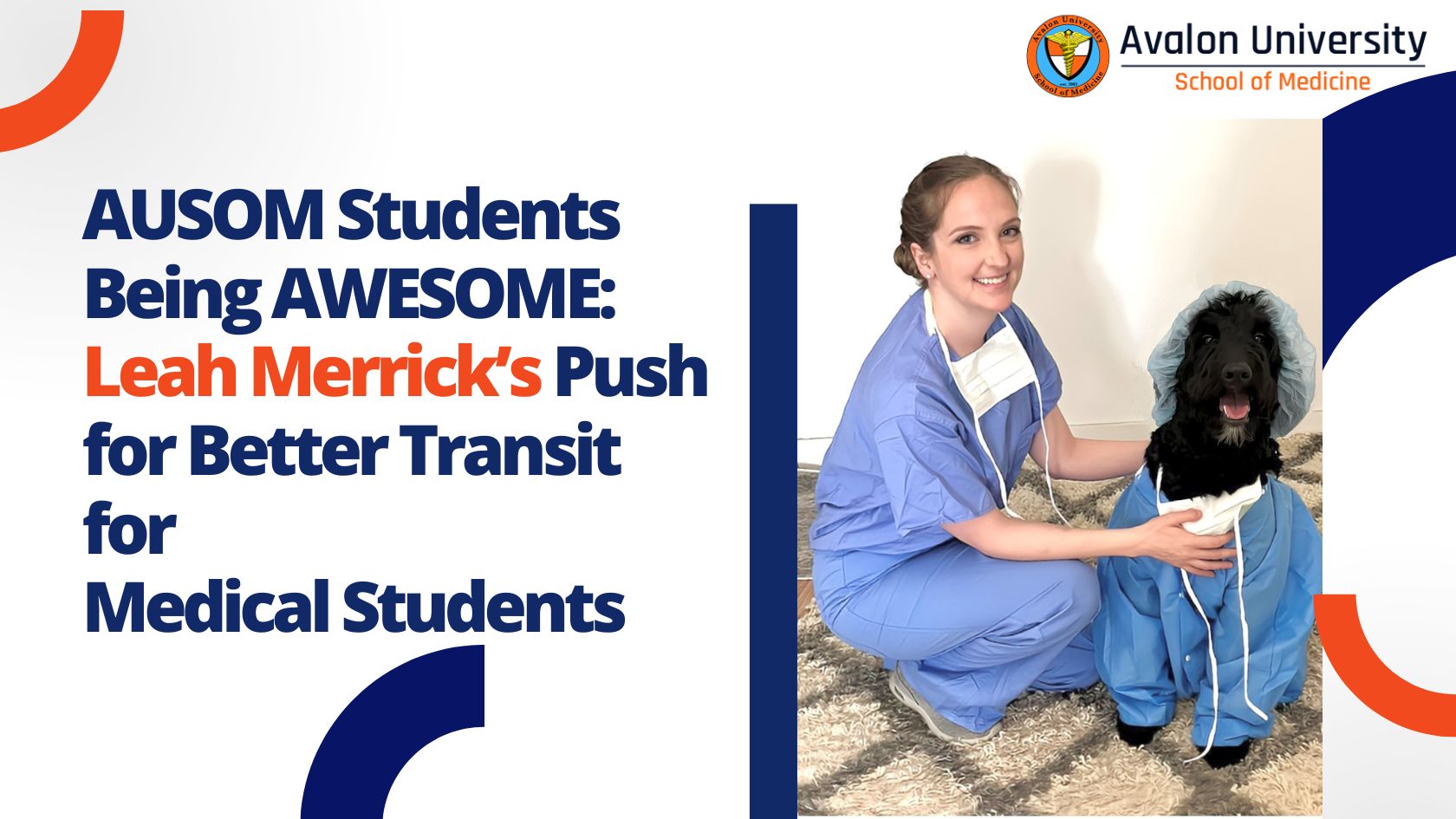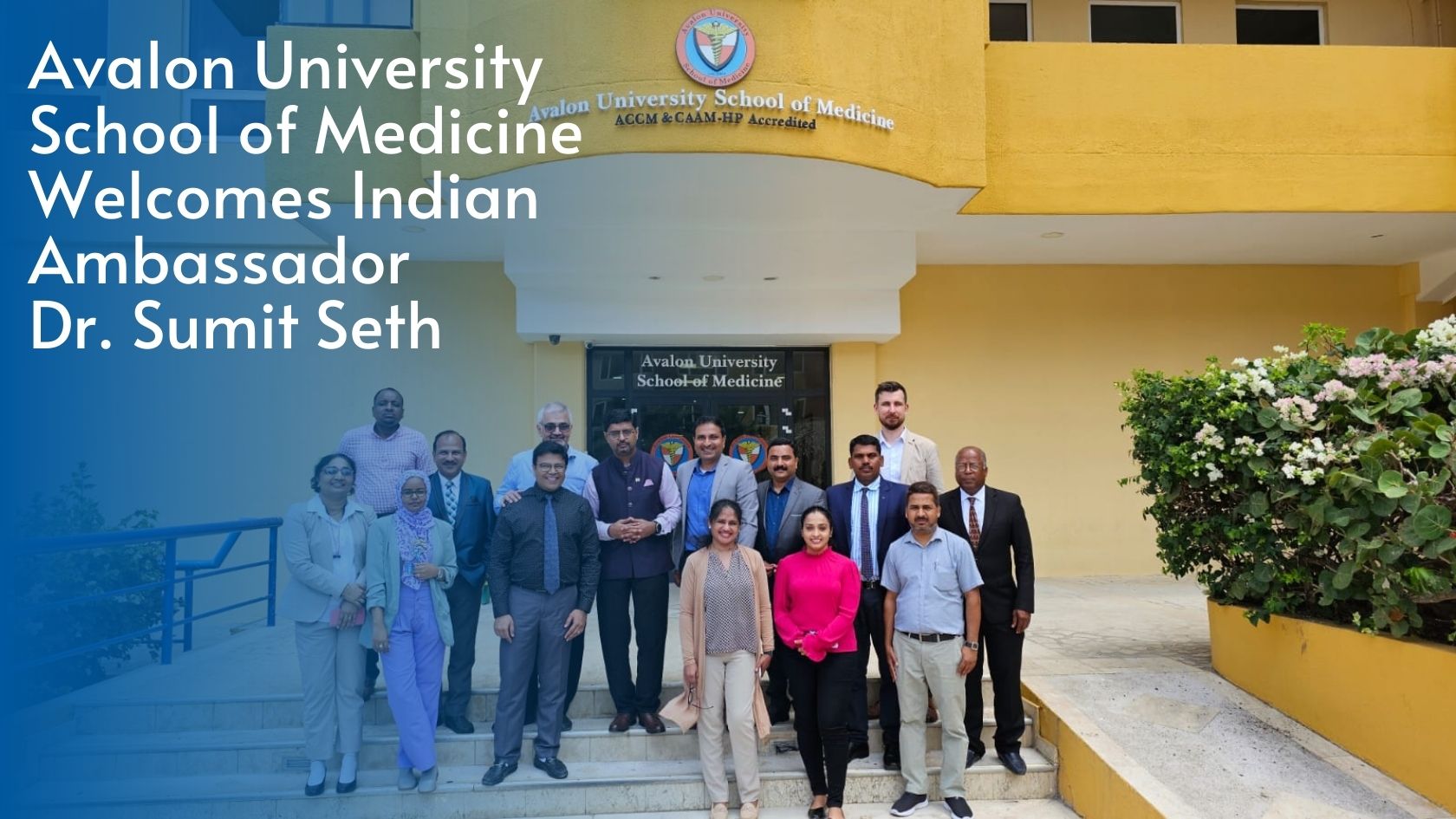The Importance of Diversity and Inclusion in Medical Education and its Impact on the Future of Healthcare
Diversity and inclusion are critical elements within a medical education that cannot be overlooked. The past, present, and future of healthcare consists of a diverse population with varying healthcare needs, and it is imperative that future healthcare professionals are equipped with the knowledge and skills necessary to provide culturally competent care.
Diversity in medical education refers to the representation of different races, ethnicities, genders, sexual orientations, and socioeconomic backgrounds among medical students, faculty, and staff. It provides an opportunity for students to interact with individuals from different backgrounds, thereby gaining a broader understanding of the social determinants of health and the impact of those determinants on healthcare delivery.
Inclusion, on the other hand, is the act of creating an environment that welcomes and respects all individuals regardless of their backgrounds. It involves promoting a sense of belonging for all members of the community, regardless of their differences. In medical education, inclusion fosters a supportive learning environment that promotes student success. It allows all students to feel valued and supported, which in turn promotes the development of strong relationships between students and faculty, and the success of the future of healthcare. Students who feel included are more likely to be engaged in the learning process, leading to better outcomes and improved retention rates.
Incorporating diversity and inclusion into medical education is important for several reasons. First, it allows healthcare professionals to provide culturally competent care to a diverse patient population. Cultural competence refers to the ability to understand, respect, and effectively communicate with individuals from different cultural backgrounds. By learning about different cultures and their healthcare practices, medical students are better equipped to provide care that is respectful and responsive to the needs of all patients.
Second, diversity in medical education promotes innovation and creativity. Students from different backgrounds bring unique perspectives and ideas to the table, leading to new ways of thinking and problem-solving. This can also lead to the development of new technologies and treatment approaches that better serve the needs of patients and positively impact the future of healthcare.
Avalon University promotes diversity and inclusion within our students and faculty by celebrating cultural holidays with lively events to bring together students and faculty from different parts of the world. Avalon University works hard to make every student feel like they are a part of the Avalon family. By fostering a supportive learning environment that promotes cultural competence and innovation, Avalon University trains the next generation of healthcare professionals to provide high-quality care to a diverse patient population. It is our responsibility to ensure that healthcare is accessible and equitable for all individuals, regardless of their backgrounds.





